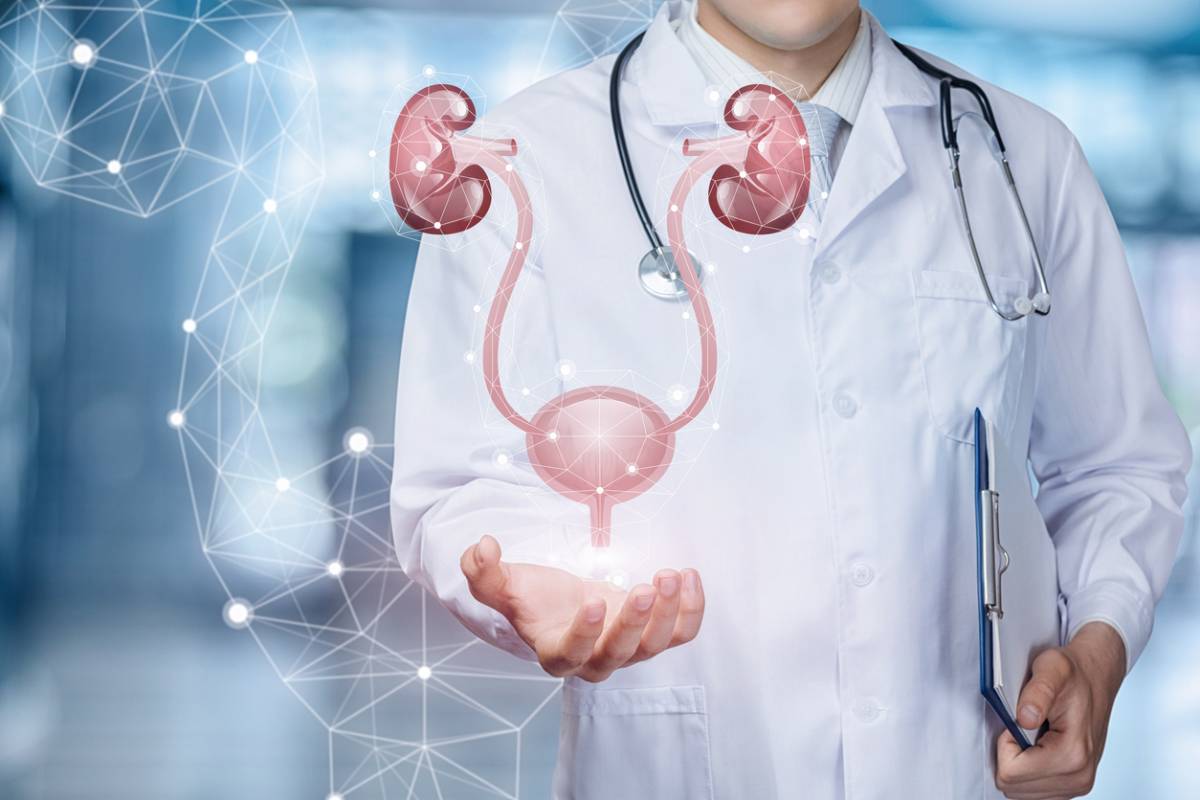It’s important to make sure you have healthy kidneys because the kidneys play a crucial role in your overall health and wellbeing. For example, the kidneys filter waste out of the blood. After the waste material is filtered, it is released from the body as urine. Some common symptoms of kidney disease include problems with urination because of this type of kidney function.
Do You Need Regular Kidney Exams?
That begs the question: Do you need regular kidney exams? The kidneys are a key part of the bodily processes that produce vitamin D, certain hormones that control your blood pressure, and red blood cells. It’s important to always keep them in check to prevent major health problems. If you are concerned about your kidneys and are local to Los Angeles, it could be time to visit a kidney specialist in Los Angeles
Risk Factors for Kidney Disease
It’s especially important to get your kidney health checked if you have diabetes or high blood pressure. You are more at risk for the following conditions if your body is struggling to regulate your kidneys:
Diabetes
If you have diabetes, you should plan to get an annual kidney exam. Diabetes is the most common cause of chronic kidney disease (CKD). You may not have any symptoms in the early stages of CKD, so testing is done proactively to ensure your health in the future.
High Blood Pressure
If you find out you have high blood pressure, you should also consider your risk of CKD. High blood pressure is both a risk factor and a potential symptom of CKD. If your blood pressure is too high, there are lifestyle changes that can help. Eating healthy and having an active lifestyle will keep both your blood pressure and cholesterol in the right range.
Symptoms of Kidney Disease
There are many possible signs and symptoms of kidney problems. If your kidney problems go unchecked, CKD may be the result. Educating yourself on possible symptoms is a good way to proactively manage your health.
Some symptoms include high blood pressure, painful urination, having a hard time beginning to urinate, finding blood in your urine, finding you have to urinate more frequently than usual, and swelling in your hands and feet. The swelling could occur as a result of fluids building up in your body because your kidneys aren’t healthy enough to filter out waste effectively.
Types of Kidney Tests
There are multiple tests to investigate kidney function, with both blood and urine tests being the most common means of testing. Here’s some more information about the types of kidney tests available:
Blood Tests
Getting blood drawn in a lab by a healthcare provider is one way to get started on measuring your kidney health. There are multiple tests that could be run on your blood sample that test for a number of different issues or imbalances within the kidneys.
Urine Tests
There are two primary types of urine tests that might be done: a dipstick urine test and a urine albumin-to-creatinine ratio (UACR) test. The dipstick is a chemically treated type of paper that will change color based on the level of albumin in your urine. Albumin is a protein produced by your liver that should not be present in urine, unless your kidney function is abnormal. The UACR test also takes albumin levels into account, but in comparison to the levels of creatinine. Creatinine is a waste product that should be filtered out by the kidneys.
Find Your Kidney Specialist Today
If your tests show abnormal results, it’s important to work with your kidney specialist to improve your kidney health. Remember, don’t wait until you’re showing severe symptoms. Proactively manage your health by making an appointment with a chronic kidney disease specialist in LA. Visit us at the office of Dr. Gura to schedule your personal consultation ASAP!

